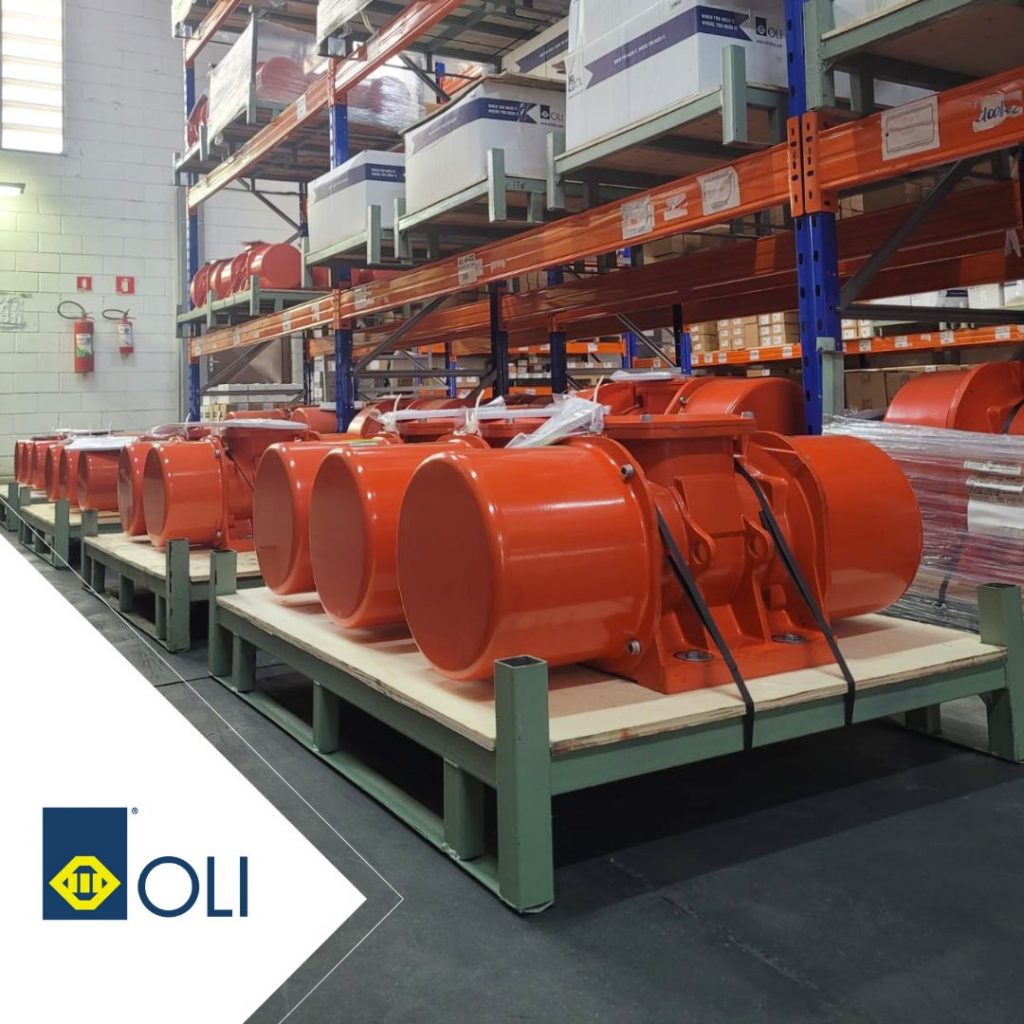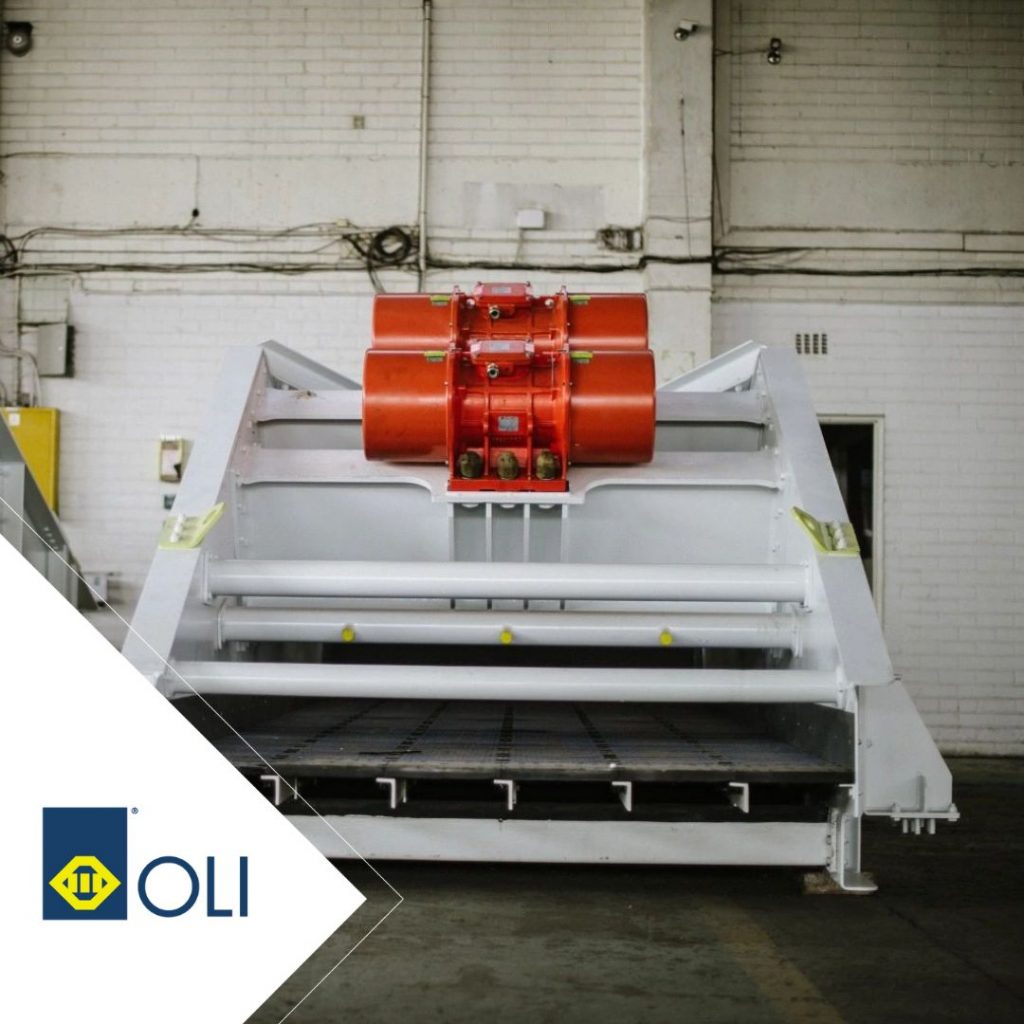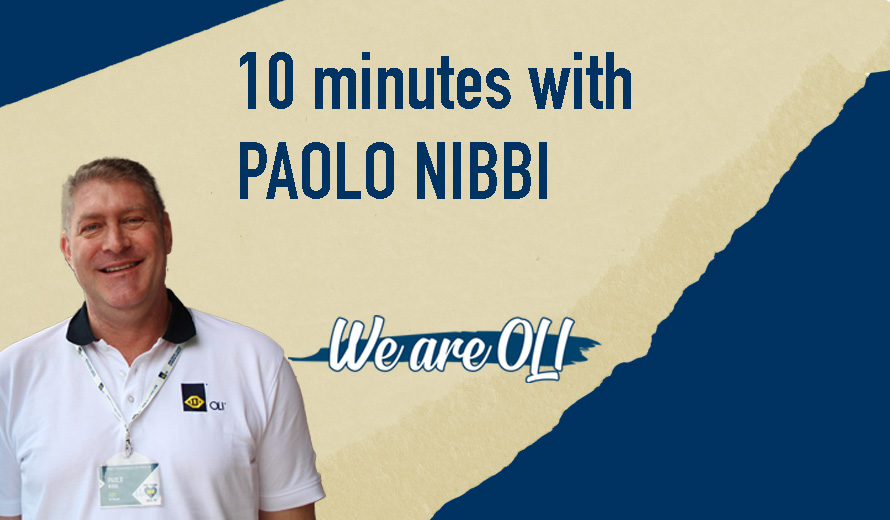Q: What is it like to work in a multinational company with its headquarters in Italy?
A: We are fortunate to be part of a global group that is an absolute leader in the world of vibrations. For me, it’s the first time I find myself in a role with a headquarters located abroad, although I have worked extensively while traveling worldwide for other multinational companies. Being Italian and working remotely with Italian colleagues on the other side of the world is a significant advantage. If I were Brazilian or from another nationality, there would likely be challenges related to cultural and language differences. Therefore, working with an Italian company offers greater ease. I must also add that working for an Italian company grants me more flexibility.
Q: Due to high customs duties on imports, is it challenging to import your products?
A: Regarding our specific case, a few years ago, we obtained the „ex tariff“ status here in Brazil. This system allows us not to pay import taxes for finished products for a period of 2 or 3 years (renewable). This process involves demonstrating to the Brazilian government that our products are unique and have no equivalents in Brazil. Obtaining this advantage took about a year and a half. Currently, we do not pay import taxes, but since it is a renewable process, we need to reapply at each expiration date. However, Brazilian customs is very unpredictable, and our containers are often held for inspection, causing delivery delays and sometimes very high additional costs.
Q: In which sectors are OLI products involved?
A: The advantage of OLI products is that they are applied in practically every industrial sector, even in the most unusual or lesser-known ones. This is certainly a significant advantage that allows us to adapt to changes and trends in various markets. Other companies in our group produce spindles and electric motors for e-bike, which are growing and achieving significant global results with the support of the group’s extensive commercial structure through its subsidiaries worldwide.
Q: What are the long-term goals for your branch?
A: Currently, our branch is the sales reference for all of South America, in addition to Brazil. The goal for the coming years is to establish stronger structures in various countries, such as Argentina, Bolivia, Paraguay, Chile, Peru, and Colombia, just to name a few, besides, of course, the most important country of all, which is Brazil. We operate in a B2B market through end customers, machine builders, and resellers/distributors. In addition to increasing our customer base every day, we need to be highly present in every market by providing technical and commercial support to our customers and by ensuring faster delivery times. We can achieve this only by expanding our team of technical sales representatives, and establishing branches with warehouses and dedicated personnel for logistics and administration where needed. All of this will allow us to increase sales not only of industrial vibration products but also those of other companies within our group. We operate in markets with little political and economic stability, so we face new and complicated challenges every day. Currently, our core business remains focused on structured growth and a stronger presence in the Brazilian market, where we are the leading company in our sector, but we are also experiencing exponential growth throughout the rest of South America.

Q: How did you introduce OLI to Brazil and the rest of South America?
A: In Brazil, the OLI brand was already known thanks to the excellent work done by our cousins at Wam do Brasil, who distributed OLI products in Brazil from 2008 to 2015, playing a fundamental role in introducing our products in the early years of the Brazilian market. OLI do Brasil was established in 2015 and experienced significant growth, quadrupling its revenue in 6/7 years and expanding the team with new salespeople and collaborators. In the rest of South America, some countries already had distributors, OLI customers, or Wam representatives promoting our products. For example, in Argentina and Chile, the Wam Group sold some of our products through local branches. However, we noticed that the brand’s presence and recognition were limited, and we are currently working hard to create new distributors and customers. We use platforms like LinkedIn and social networks such as Facebook and Instagram to promote our products, company culture, and our vision of work, also participate in selected trade fairs. We invest heavily in marketing through advertising and websites. We have improved our catalogs in the Spanish language, providing more suitable and targeted information to our customers and contacts in various South American countries. It is a continuous research process, supported by a dedicated team for marketing, international sales, and Spanish-language customer service. We provide technical training to Brazilian customers and in Spanish to new customers in other countries, and we work to connect with competing distributors, trying to convince them to collaborate with us. It is a constant process of research, development, and dedication, especially because we are starting from scratch in many of these markets.


